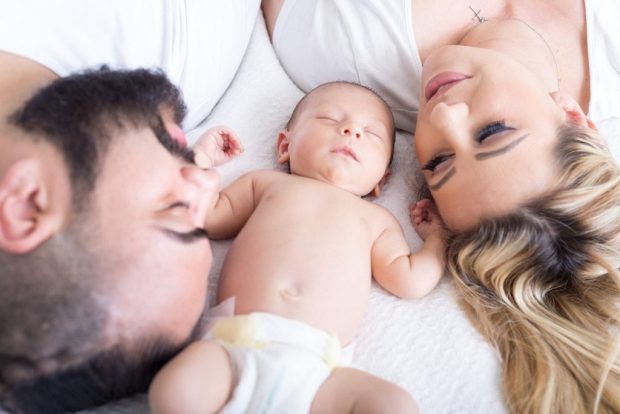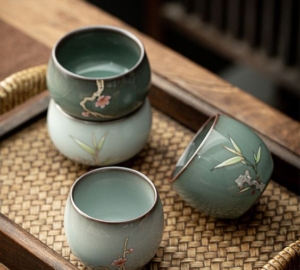The decision to start a family is not something to be taken lightly. It requires careful planning and preparation. It also calls for an understanding that not everything will be ironed out by the due date. In fact, uncertainty will remain ever present for as long as you’re a parent. However, by doing everything you can to account for the future, you’ll be better prepared to face whatever lies ahead.
But let’s not get ahead of ourselves. With 18 years to learn as you go, the focus, for now, should be on the beginning. Beginning with trying to become pregnant, the first few years of parenthood will likely be the most formidable stretch of time between now and when your child reaches adolescence.

With this in mind, let’s take a look at five essentials for trying to start a family:
Tests
Unless you’re planning to adopt, starting a family starts with trying to become pregnant. Since there’s only a brief window of time each month in which a woman can become pregnant, it’s a good idea to buy an ovulation test or two in order to determine the best days to try. You might also want to stock up on pregnancy tests. With so much uncertainty surrounding parenthood, the last thing you want to worry about is whether or not you’re already pregnant or need to keep trying. Stocking up on tests will alleviate that concern.
Insurance
Giving birth is often described as a miracle. But in the end, it’s a product of biology. As such, pregnancy is something that should be monitored by a licensed physician from beginning to end, culminating with the delivery. That adds up to a lot of time spent in clinics and hospitals, which means health insurance coverage is essential. With the average cost of having a baby in the United States ranging from $13,000 to $23,000 – depending on the procedure – the last thing new parents want is to be on the hook for the entire bill. What’s more, you want the best care you can find. The only way for that to happen is to have good health insurance, either through an employer or in the healthcare marketplace.
Finances
The cost of having a baby doesn’t end with delivery. A child’s first year of life is said to run anywhere between $20,000 to $50,000. That’s a lot of baby food, diapers, and wet wipes! The bottom line is that parents will want to ensure they’re in proper financial shape to start a family. The last thing you want is to find yourself choosing between food and school supplies because money is too tight to get both.
Space
A one-bedroom apartment might be big enough for the first year, but after that, you’ll probably want an upgrade. With this in mind, consider looking for a bigger place to live now, rather than try and relocate with a baby later. Since the housing market is a bit pricy these days, you might want to start with a place to rent. Then, by the time things cool off in a year or two, you and your family are in a better situation to pack up and move into a home of your own. Such a plan might sync up nicely with plans to have a second child down the line.
Supplies
With the due date fast approaching, now’s the time to stock up on essential supplies. The list includes the above-mentioned items like diapers as well as equipment like strollers and cribs. Most – if not all – of these essentials can be procured via baby shower gifts. But keep in mind a hefty supply of diapers will run out faster than new parents anticipate. With this in mind, consider crunching the numbers to formulate an educated guess on the quantities you’ll need to last the next three months.
Starting a family is exciting. But it’s also full of uncertainty. Before you rush forward, stop and think about the future. What you choose to do now – before things start moving so fast you can barely keep up – will go a long way in ensuring the happiest days are ahead.



